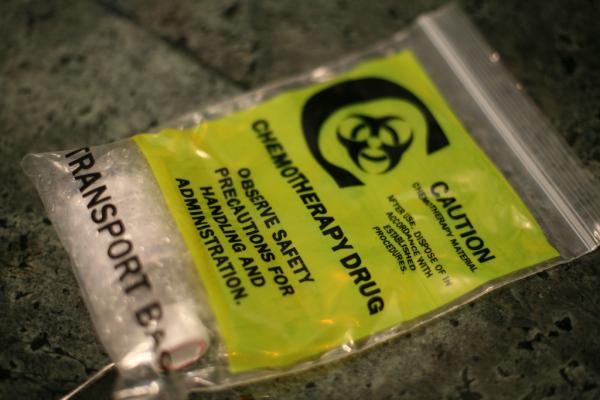A recent study published in the British Medical Journal, regarding approved cancer drugs in the European Medicines Agency from 2009-2013 has found that most of them did not significantly lengthen survival time nor did they improve quality of life.
Two important outcomes of cancer treatment are the quantity and quality of life. Most clinical trials, however, do not measure these outcomes directly, rather they look at "surrogate" measures of drug efficacy. The study end-points are not a reflection, or are a poor reflection of, valuable patient-centered outcomes. The authors continue to state that based on their findings from two separate systematic reviews, what had been touted as "breakthrough" treatment, really only offers marginal benefits that are not necessarily clinically meaningful for patients. When looking at available data from the United States Food and Drug Administration, they similarly found that a very small percentage of approved cancer drugs demonstrated improved survival and quality of life.
The findings from the study showed that the EMA approved 48 new cancer drugs for 68 different indications between the years 2009-2013. Overall survival was an endpoint in less than one-third of all indications. The rest of the indications were the following: progression-free survival for 31 (46%); response rate (including cytogenetic, hematological, and molecular response rates for hematological indications) for 11 (16%); disease-free survival for four (6%); with time to progression, event-free survival, relapse-free survival, and testosterone concentrations accounting for the remainder (4/68, 6%).
Among 68 cancer drug indications approved by the EMA in the period 2009-13, and with a median of 5.4 years’ follow-up, only 35 (51%) were associated with a significant improvement in survival (26/35) or quality of life (9/35) over existing treatment options, placebo, or as add-on treatment. Only two of the 26 drugs shown to extend life also showed benefits on quality of life, and 33 (49%) had not shown any improvement in survival or quality of life. Of the 23 drugs with a survival benefit that could be scored with the validated ESMO-MCBS tool (evaluating drug treatment of solid tumors), only 11 (48%) were judged to offer a clinically meaningful benefit.
The authors conclude their paper with, "When expensive drugs that lack clinically meaningful benefits are approved and paid for within publicly funded healthcare systems, individual patients can be harmed, important societal resources wasted, and the delivery of equitable and affordable care undermined."




